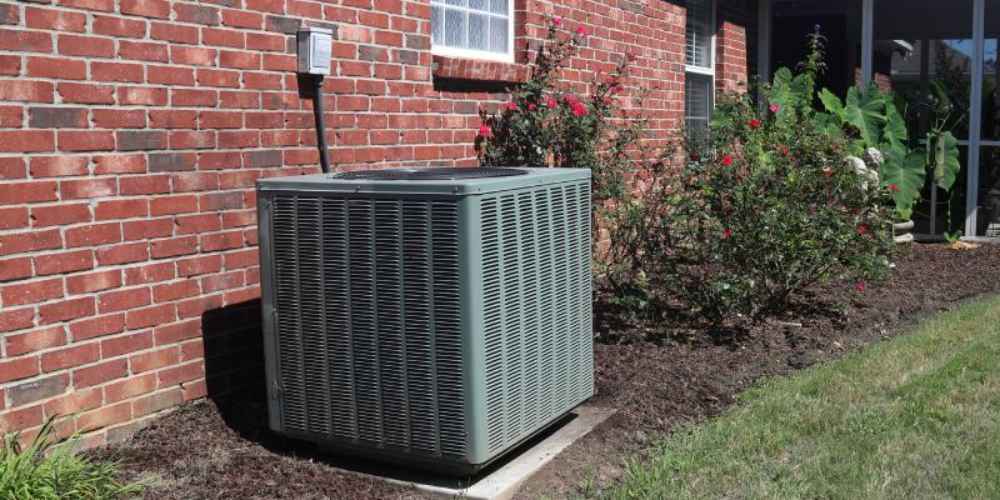Smart Home Cooling: Energy Efficiency and Automation in Air Conditioning
An innovative approach to staying comfortable in the heat, smart home cooling systems are rapidly changing how we manage our living spaces. These systems provide precise temperature control with a convenience that was once considered futuristic. Incorporating these intelligent systems can improve life quality and make strides in using energy more efficiently—a must in our energy-conscious world.
An Overview of Smart Home Cooling Systems
Smart home cooling systems, driven by technology, redefine comfort with customizable control. Users adjust temperatures remotely through intuitive software and mobile apps, enhancing convenience and energy efficiency.
Installation is user-friendly, often integrating seamlessly with existing infrastructure. These innovations, like smart thermostats and zoning systems, epitomize the evolution of air conditioning.
The Rise of Energy-Efficient Air Conditioning Technologies
Modern air conditioning units prioritize efficiency alongside cooling. Advancements in energy-efficient technologies, like higher SEER ratings and inverter-type compressors, minimize energy usage while maintaining comfort.
These innovations, championed by a leading air conditioning company, offer sustainable solutions for cooling homes, reducing environmental impact without compromising performance.
Understanding Automated Air Conditioning – How It Works
Automated air conditioning goes beyond the trivial task of temperature regulation; it incorporates various aspects of comfort, air quality, and user pattern recognition. These systems use a network of sensors and controllers that constantly gather and process data, such as humidity levels, outdoor climate conditions, and occupancy patterns.
The AC unit’s automated controls then use this data to make adjustments in real-time, either ramping up cooling before occupants return home or switching to energy-saving modes when the house is empty. This intelligence maintains comfort with remarkable efficiency, setting the benchmark for future climate control technologies.
The Benefits of Integrating Air Conditioning with Home Automation
Integrating air conditioning into a home automation system is like appointing a knowledgeable manager for your home’s comfort. This confluence makes life significantly more convenient, allowing homeowners to control their climate settings anywhere. The unity of air conditioning and smart home technologies also has the unintended, yet welcome, consequence of financial savings.
By optimizing the usage of cooling systems only when needed, there’s a substantial decrease in unnecessary energy wastage. Furthermore, integrating climate control with other smart home devices can lead to comprehensive energy management strategies that could, in time, benefit the environment by reducing the household’s overall carbon emissions.
Steps to Retrofit Your Current AC System for Smart Control
Shifting to an intelligent cooling system doesn’t necessarily imply starting from scratch. In many cases, existing air conditioning systems can be augmented to become innovative with a few strategic additions. This process could begin with the simple step of replacing an old thermostat with a smart one.
Many thermostats offer features like learning schedules and remote access via mobile apps. For a more integrated system, homeowners can install additional sensors to monitor various aspects of the home’s environment and controllers that operate the system based on the sensor inputs.
These upgrades pave the way for achieving automation that significantly improves efficiency and control over home cooling systems. Critical takeaways for retrofitting include assessing the current system’s compatibility with smart devices and ensuring that the new technology complements rather than complicates the existing setup.
Predictive Maintenance: The Future of Air Conditioning
Enter predictive maintenance, an approach fast becoming a game-changer in air conditioning. By harnessing the power of data analytics, these systems anticipate maintenance needs before they morph into critical issues. This form of maintenance uses sensor data to monitor the condition of the equipment constantly and employs algorithms to predict when maintenance should be carried out.
The advantages are multifaceted: it minimizes the risk of breakdowns, extends the lifetime of the AC unit, and ensures the system operates at peak efficiency, avoiding unnecessary energy use and associated costs. Predictive maintenance is an investment in the longevity and reliability of air conditioning systems, making it an attractive proposition for any homeowner.
Industry Innovations and Future Trends in Smart Cooling Technologies
The horizon of innovative cooling technology is dotted with innovations that promise to make our homes more comfortable and energy consumption more sustainable. The marriage of artificial intelligence with climate control, for example, is set to revolutionize the efficiency of our AC systems.
AI-equipped thermostats can learn the ideal settings for any situation and make adjustments autonomously, reducing the burden on the user to micromanage their home environment. Also, cooling systems are becoming increasingly compatible with renewable energy, allowing homes to run their AC on solar power. Emerging trends suggest that future air coolers will likely be more energy-efficient, more user-friendly, and more integrated into tomorrow’s smart homes.

